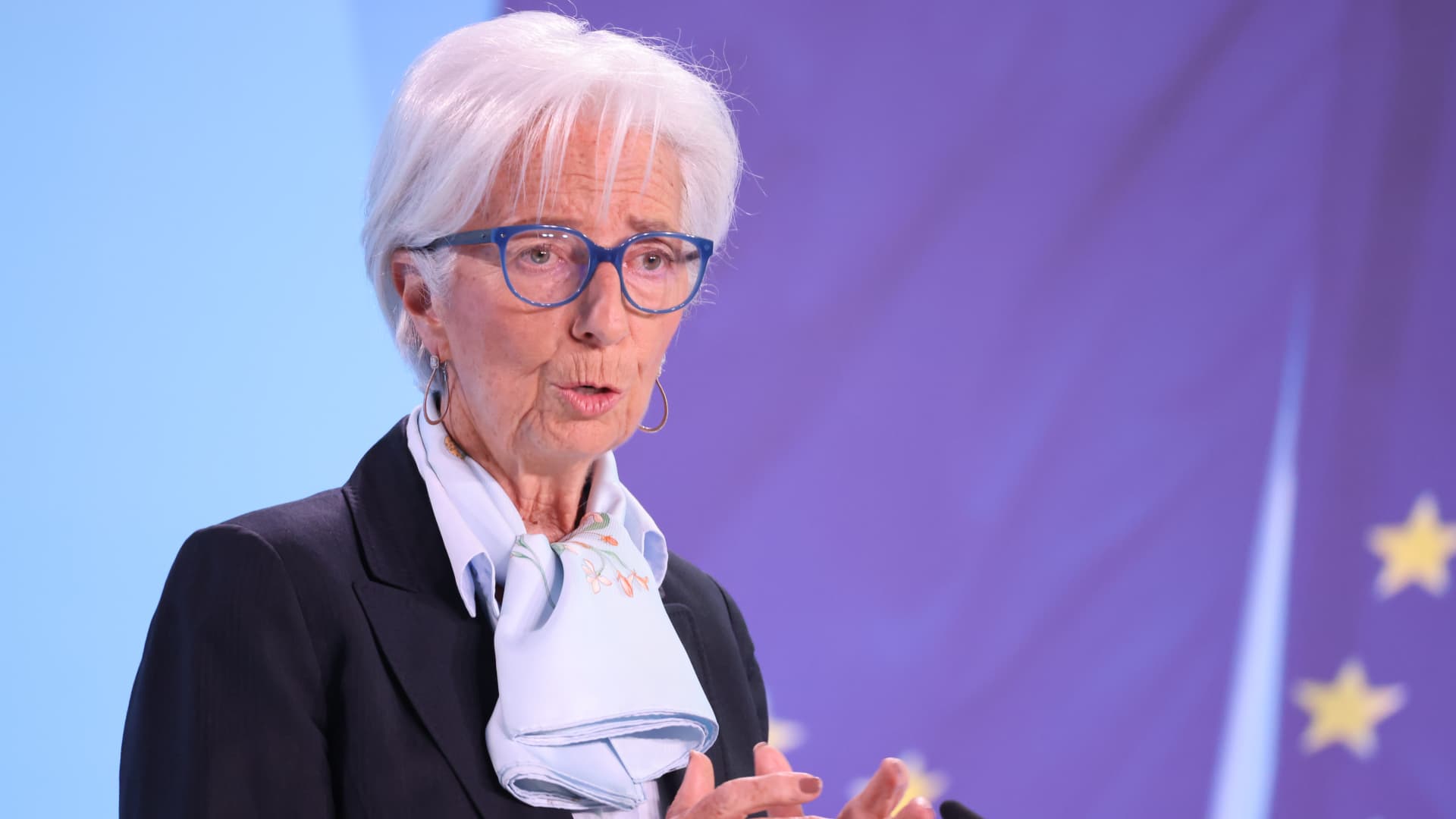
Lagarde Affirms Path to Lower Rates
Christine Lagarde, the President of the European Central Bank (ECB), has declared that the bank remains committed to reducing interest rates soon, barring major economic shocks. She emphasized that the ECB will closely monitor oil prices due to concerns about a potential spillover conflict in the Middle East.
Indications of Disinflation
Lagarde stated that the ECB has observed a disinflationary trend in line with its expectations. “If the process continues along those lines, and we don’t encounter any significant shocks, we are moving towards the point where we need to adjust our restrictive monetary policy,” she said.
The ECB’s stance is a departure from its previous practice of keeping interest rates at a record high. The shift indicates that falling inflation rates may prompt the bank to initiate interest rate cuts.
Cautious Approach to Timing
When asked if a June rate cut might lead to further reductions, Lagarde declined to make any concrete commitments. “We’re aware of the immense uncertainty that exists,” she explained. “We must be vigilant about upcoming events, analyze the data, and derive conclusions.”
However, policymakers and economists generally believe that June is the most likely month for the first rate cut, especially after the ECB lowered its medium-term inflation projections. Inflation rates have also decreased more than anticipated in March.
Geopolitics and Commodity Prices
Lagarde highlighted the importance of monitoring commodity prices, particularly oil prices. “All commodity prices have an impact that we must be aware of,” she stressed, adding that energy and food prices have a direct and rapid influence on inflation.
Risks Stemming from Geopolitics
ECB policymaker Olli Rehn warned that geopolitical tensions, specifically between Iran and Israel and the ongoing conflict between Russia and Ukraine, pose the greatest risks to the bank’s monetary policy.
“If inflation falls as expected, we may start reducing our monetary policy restrictions this summer,” said Rehn. “However, the most significant risks come from geopolitical factors, particularly the worsening situation in Ukraine and potential escalation in the Middle East conflict.”
Contrasting Views from Federal Reserve
While the ECB contemplates rate cuts, investors have reduced their expectations for similar actions from the Federal Reserve. Traders currently place a 20% probability on a Fed rate reduction in June. This shift in sentiment is partly due to the persistence of high inflation rates, as evidenced by the latest consumer price index data.
Conclusion
The European Central Bank is signaling a readiness to lower interest rates in the near term, provided that inflation continues to decline. However, the timing and pace of these reductions remain uncertain, and geopolitical risks will play a role in the ECB’s decision-making.
Data sourced from: cnbc.com

















